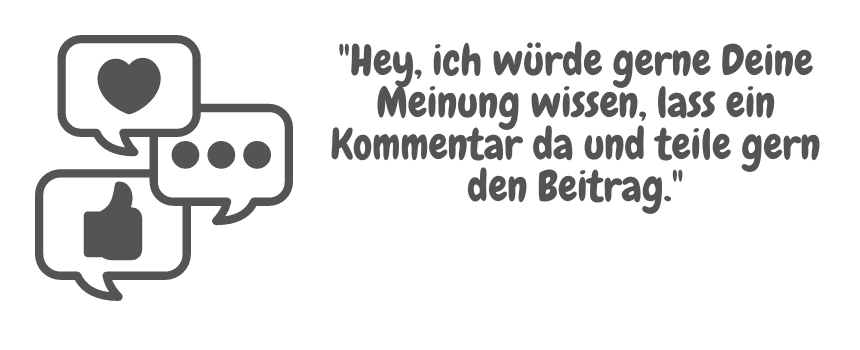Last updated on January 30, 2022 by Roger Kaufman
Letting go – venting anger and disappointments
Search the truth within yourself through a simple Letting go exercise for excessive people aggressions let go:
Excessive aggression let go – a simple exercise to help you release trapped energy and feelings.
If you're overwhelmed by feelings that you can't handle, you can take a pillow or rolled-up towel and wring it out firmly with both hands.
Make some noise while doing it, if that's not possible, just say “I want” or “I don't want to”.
- Breathe in deeply through your nose, into your stomach and chest area
- then exhale 3 times in bursts
- Repeat this breathing exercise until you feel comfortable again, detached like a powerful dynamic Man feels
The annoying The thing about anger is that you harm yourself without benefiting others.
Kurt Tucholsky
You have to get through the little ones thoughtsthat annoy you, but you always find your way through to the big thoughts that strengthen you.
Dietrich Bonhoeffer
Anti-Anger Strategies – Letting go of excessive aggression
Anger harms us and our immune system. Therefore, we may want to learn to deal with it more “professionally” for the sake of our health.
In her four decades of work, Vera F. Birkenbihl has developed a wealth of tried-and-tested anti-anger strategies. Excessive aggression let go, can you do that?
How NOT to freak out now | Don't become a victim | Anti-Anger | Vera F. Birkenbihl
Vera F. Birkenbihl shows how you don't become a VICTIM in stressful times, but instead can regain POWER over your life with the right brain-friendly strategies
Learning the future Andreas K. Giermaier
Wikipedia defines anger this way
troubleAlso Annoyance, is a spontaneous, internal, negative-emotional reaction (affect) to an unpleasant or undesirable situation, person or memory.
That which causes anger – that nuisance – can be a frustration, perhaps an insult. The conscious evocation of this emotion by others is called to annoy bezeichnet.
Anger describes a whole group of negative feelings that can have different levels of excitement and intensities.
The strongest form is anger (also “rage”), which rarely remains hidden from the other person due to aggressive behavior (except perhaps... impotent rage).
Less arousing forms of anger are Discomfort, displeasure or displeasure, These emotions are as inner Reactions initially spontaneous and generally unavoidable.
In society, showing anger is usually considered tactless.
Particularly in collectivist cultures such as China, violations of the law of harmony, for example by showing anger and rage, lead to “loss of face”. In English, a little thing that makes you disproportionately upset due to personal sensitivity is called a pet peeve.
Wikipedia









